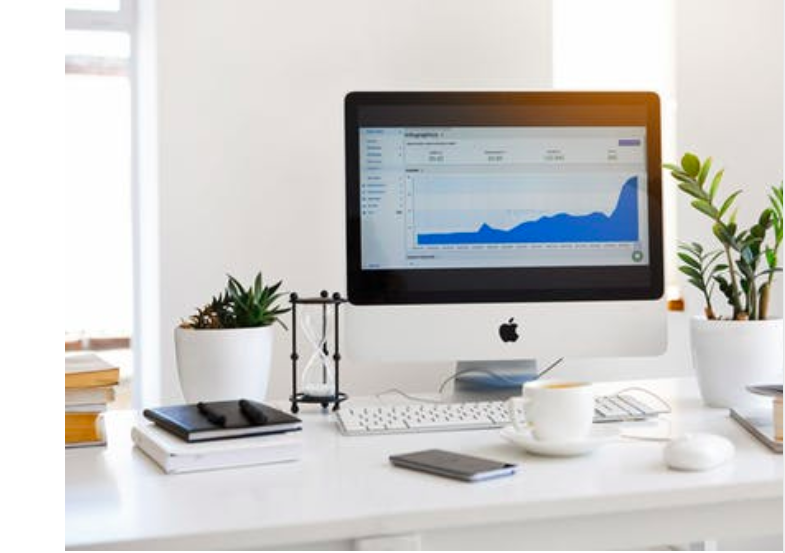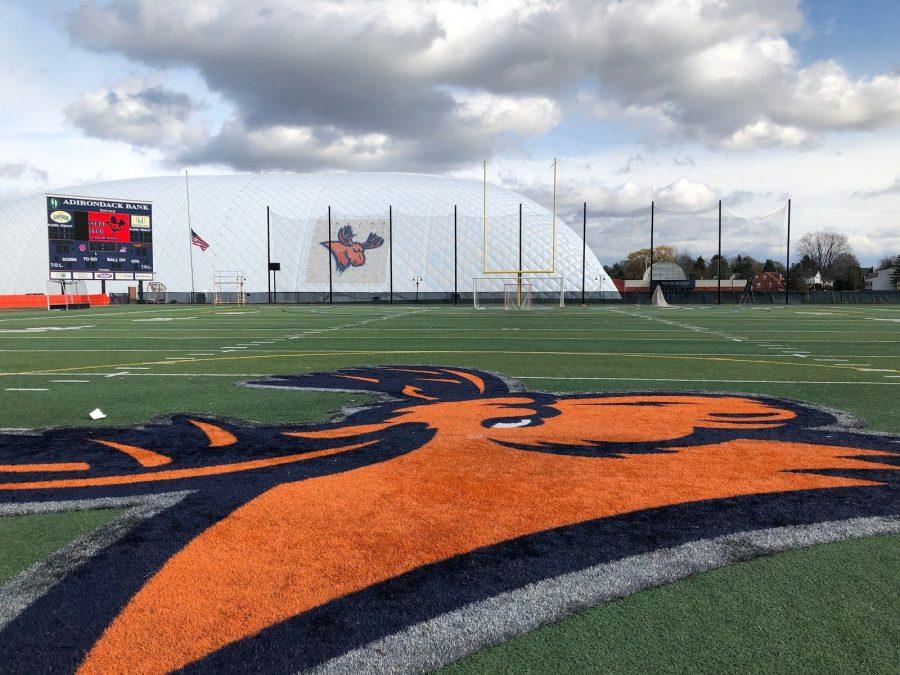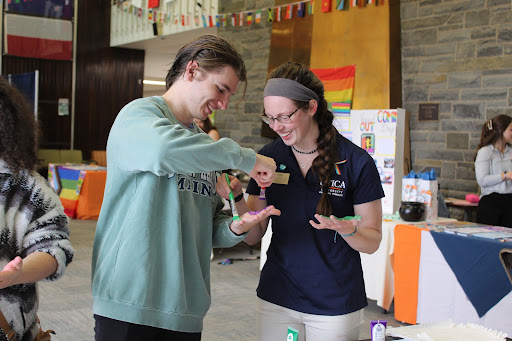Utica College has been working in a virtual environment since the week after spring break in order to slow the spread of the coronavirus.
Some students and professors first felt overwhelmed with the new situation. However, many adapted and found ways to make a successful switch from on-ground classes to online classes.
History Professor Sherri Cash said she had mixed feelings with having classes online instead of in-person. Even though she has taught online classes before and disliked it, she said she realizes that there are a number of tools available that open up new possibilities.
“I like online classes a lot more than I thought I would,” Cash said. “I have been thinking that it may be best to combine on-ground with online as a mix would help to promote more learning.”
When transitioning from in-person to online classes, Cash said everybody had to move very quickly to get things together for students.
“Just as students are experiencing the online experience, it has been a challenge for myself,” she said. “There is even more to manage than usual with this situation.”
Cash started out with asynchronous classes, which don’t require students to meet as a live session, because that is what she was familiar with. After some of her students told her they wanted to be back in their classroom on campus, she quickly went on to using video chat.
“I know that students appreciate having the real-time element back,” Cash said. “It is sometimes still difficult to translate what I would do in the classroom to online. What’s fairly simple in the classroom easily becomes more complicated or too complicated online. The good thing is that I can use these experiences to improve my teaching.”
One area that was challenging to move online were science labs. The chemistry department has provided students with resources from the American Chemical Society for doing labs and simulations online.
Chemistry Professor Alyssa Thomas coordinates General Chemistry II classes and labs this semester. She said she chose a few things from the American Chemical Society that would match the objectives the department wanted students to get out of in person labs.
She used kinetic simulation labs, equilibrium exploration labs and a virtual lab workbench as online alternatives.
“Moving to online learning feels like you lose what is great about chemistry labs that involves hands on and one-on-one learning. However, I found that I could still find online resources that worked to accomplish our learning goals and objectives,” Thomas said.
Anthropology Professor Helen Blouet has taught classes online before and said she has become knowledgeable in that learning environment.
While having classes online, Blouet said she uses primarily asynchronous methods and holds virtual office hours. She has given students flexible deadlines to meet for online discussions, group work and other course work.
“This mix of methods has worked well. Also, in this time of crisis, I have made adjustments to assignments that I think help most students and the very different experiences they may be having related to COVID-19,” Blouet said. “The main thing I want my students to know is that I’m there for them,” Blouet said. “If my students feel they may not be able to complete their work in the time given, they can contact me and we’ll find a solution.”


















![President Todd Pfannestiel poses with Jeremy Thurston chairperson Board of Trustees [left] and former chairperson Robert Brvenik [right] after accepting the university's institutional charter.](https://uticatangerine.com/wp-content/uploads/2023/10/unnamed.jpeg)





















































































































